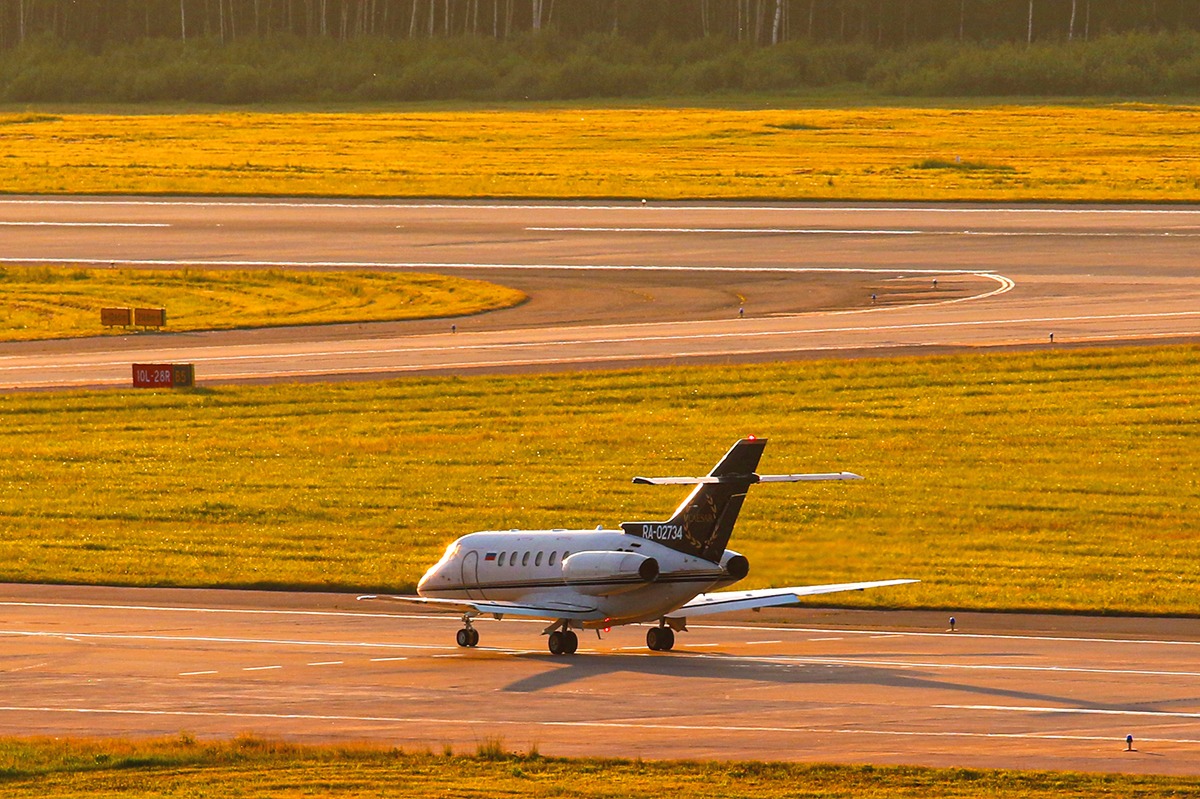The new sanctions package approved by the European Union on June 24 for the first time specifically targets Russia’s business aviation sector, but the industry seems to have adapted to the wartime restrictions since 2022.

The new restrictions ban the landing and overfly of the EU territory for unscheduled charter flights purchased by Russian companies or individuals. However, this is likely to have little effect, Russian market participants are confident.
“As a rule, such travelers have passports of other countries. Alternatively, you can take along a passenger with a different citizenship and charter the aircraft in his name,” Artur Muradyan, vice president for international tourism of Russia’s Association of Tour Operators said in an interview to the local media.
The Russian business aviation aggregator Najet issued a warning for its clients that the Russian citizens can’t fly to the EU on business jets unless they have second citizenship. The service also published a list of three dozen countries in Africa, Asia, the Middle East and Latin America which can be used as transit destinations for business travelers to Europe.
The network of Russian-operated business charters has changed significantly since 2022 when Western countries closed their airspace for the Russian operators in response to Moscow’s invasion of Ukraine.
“The lion’s share of business aviation traffic now falls on the domestic market or friendly countries such as China, Turkey, the UAE, or Uzbekistan,” Dmitriy Petrochenko, head of Russia’s specialized media on business aviation BizavNews, explained to Aviation Week.
The restrictions raised prices for business charters to foreign destinations, but the demand still exists. “Charter brokers have started to earn more,” he added. Before 2022, the Russian business aviation fleet was estimated at about 400 aircraft while most of them have been based in Europe under foreign jurisdictions. The closed airspace and personal sanctions against Russian oligarchs changed this too. According to Petrochenko, the Russian owners either withdrew their fleets to Russia or sold them. As of October 2023, the country’s commercial registry had over 100 business aircraft from King Air 350 turboprops to VIP modifications of Airbus and Boeing jet narrowbodies, according to the latest available data from Russia’s Federal Air Transport Agency (Rosaviatsia). But new business jets keep coming to the country despite the sanctions. The latest addition—ACJ320neo arrived in the country’s major business aviation hub, Moscow Vnukovo Airport, on June 17, the local Aviatorshchina media reported.
This jet was initially operated by San Marino’s Soren Aero and has frequently visited the Russian capital since February 2021. From summer 2022, the aircraft started to fly under Azerbaijan registration. It arrived in Muscat in Oman on June 4 where it changed registration for Tajikistan. From there, it flew directly to Moscow already with the Russian side numbers where it joined the fleet of the local operator North-West. Rosaviatsia issued an airworthiness certificate for the ACJ320neo prior to its arrival, on June 14. North-West was set up in 2019 and already operates 17 aircraft including corporate A321neo, Bombardier Global and Challenger, Gulfstream GV and GVI aircraft, various Dassault Falcon jets and AW139 helicopters. According to media reports, at least two other local business aviation operators expanded their fleets since the beginning of the year. Avia Management Group added Embraer Legacy 650 from the aftermarket while Weltall Avia bought one Embraer Legacy 650. Russian operators must also develop their own maintenance capacities since Western MRO companies suspended their services to the country.
Weltall commercial director Denis Menshikh told local media in November 2023 that the company managed to re-establish the deliveries of spare parts after the previous logistic chains had been destroyed by the Western sanctions. The airline flies mostly with Hawker jets under the orders from large government-owned corporations from Omsk airport, in West Siberia, and has a maintenance facility for the type there.

